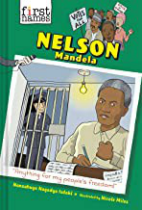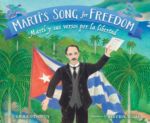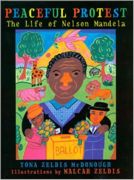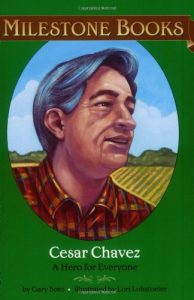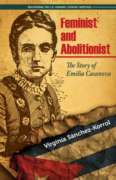
When asked to deliver contraband papers to her native island home of Cuba in 1852, twenty-year-old Emilia Casanova gulped audibly in a most unladylike manner. This was her chance to be in the thick of the rebellion against Spanish authority something she had always dreamed of instead of on the sidelines more befitting someone of her station. Even though she would be branded a traitor and endanger her family if she was caught, she pushed her fear aside and accepted the mission.
Back in Cuba following her first summer abroad, distributing seditious propaganda isn’t as easy as it had seemed while in New York. But she honors her commitment to the Junta Cubana, a group of Cuban revolutionaries living in exile in the U.S., and begins her efforts to convert compatriots to the cause of independence from Spain. She begins planting the seeds of insubordination in her social circle and enlists two of her brothers in the cause. Things become more dangerous when she targets soldiers in the garrison close to the family’s home, and it doesn’t take long for one of her brothers to be exposed. Soon Emilia’s father is forced to lead his entire family away from their home and into exile in the U.S.
Raised in an elite, slave-holding Cuban family, Emilia Casanova spent most of her adult life in New York City, where she worked passionately for Cuba’s freedom from Spain and the black man’s freedom from servitude. A wife and mother, she created the first women’s political organization dedicated to supporting the rebel cause during Cuba’s Ten Years’ War. Puerto Rican and Latino Studies professor Virginia Sanchez-Korrol introduces the fascinating but little-known story of a Latin American activist to an English-speaking audience.
